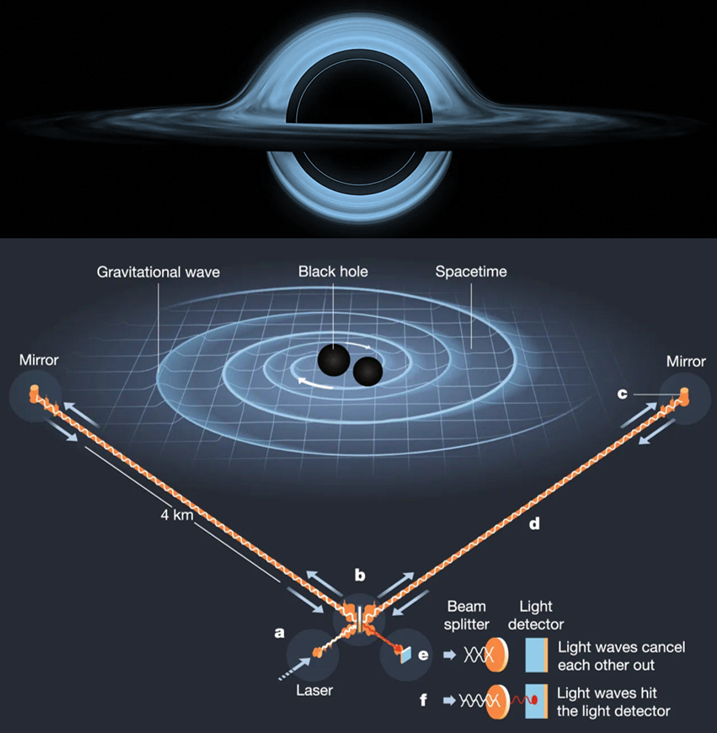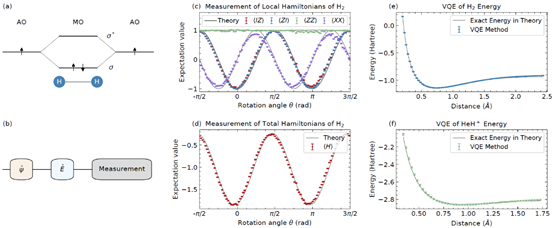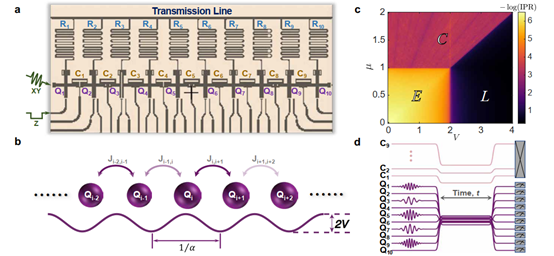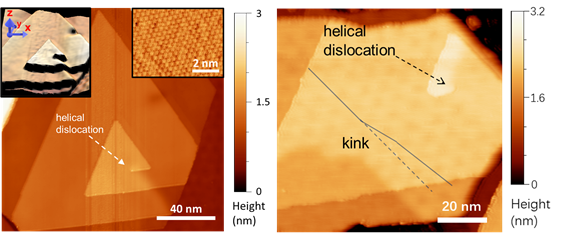-

Quantum Cloud Group of BAQIS Realized the Quantum Simulation of Hawking Radiation and Curved Spacetime with a Superconducting On-Chip Black Hole
Recently, the Quantum Cloud group of BAQIS and the Institute of Physics, Chinese Academy of Sciences, realized an analogue lattice black hole model for the first time on a superconducting quantum chip with tunable couplers, and observed analogue Hawking radiation and the related entanglement dynamics.2023/06/16
MORE -

New Progress of Superconducting Qudit Systems
Recently, new progress has been made in high-dimensional quantum computation by the superconducting quantum computation team of Beijing Academy of Quantum Information Sciences and Professor You Li’s team from the Department of Physics at Tsinghua University. The feasibility of a multi-level system based on a superconducting transmon as a quantum computing unit has been experimentally verified.2023/05/26
MORE -

Quantum Cloud Group of BAQIS Realized the Critical Phase Transition of the Aubry-André-Harper (GAAH) Model
Quantum Cloud Group of BAQIS and the Institute of Physics, Chinese Academy of Sciences, used a superconducting quantum chip with 10 bits and 9 couplers arranged in one dimension to realize the promotion of the Aubry-André-Harper (GAAH) model for the first time. The different kinetic properties of the three phases and the phase transitions between them were observed at the multi-particle dynamics level.2023/05/11
MORE -

Progress in Growth and Strain Effect Study of Twisted Spiral Antimonene
Recently, Hongqi Xu's group from BAQIS and Peking University, in collaboration with Jian-Jun Zhang's group from the Institute of Physics of the Chinese Academy of Sciences, have reported the growth of a new layered material, spiral antimonene, using molecular beam epitaxy.2023/05/10
MORE
 中文
中文 Email
Email QCloud
QCloud Log in
Log in
